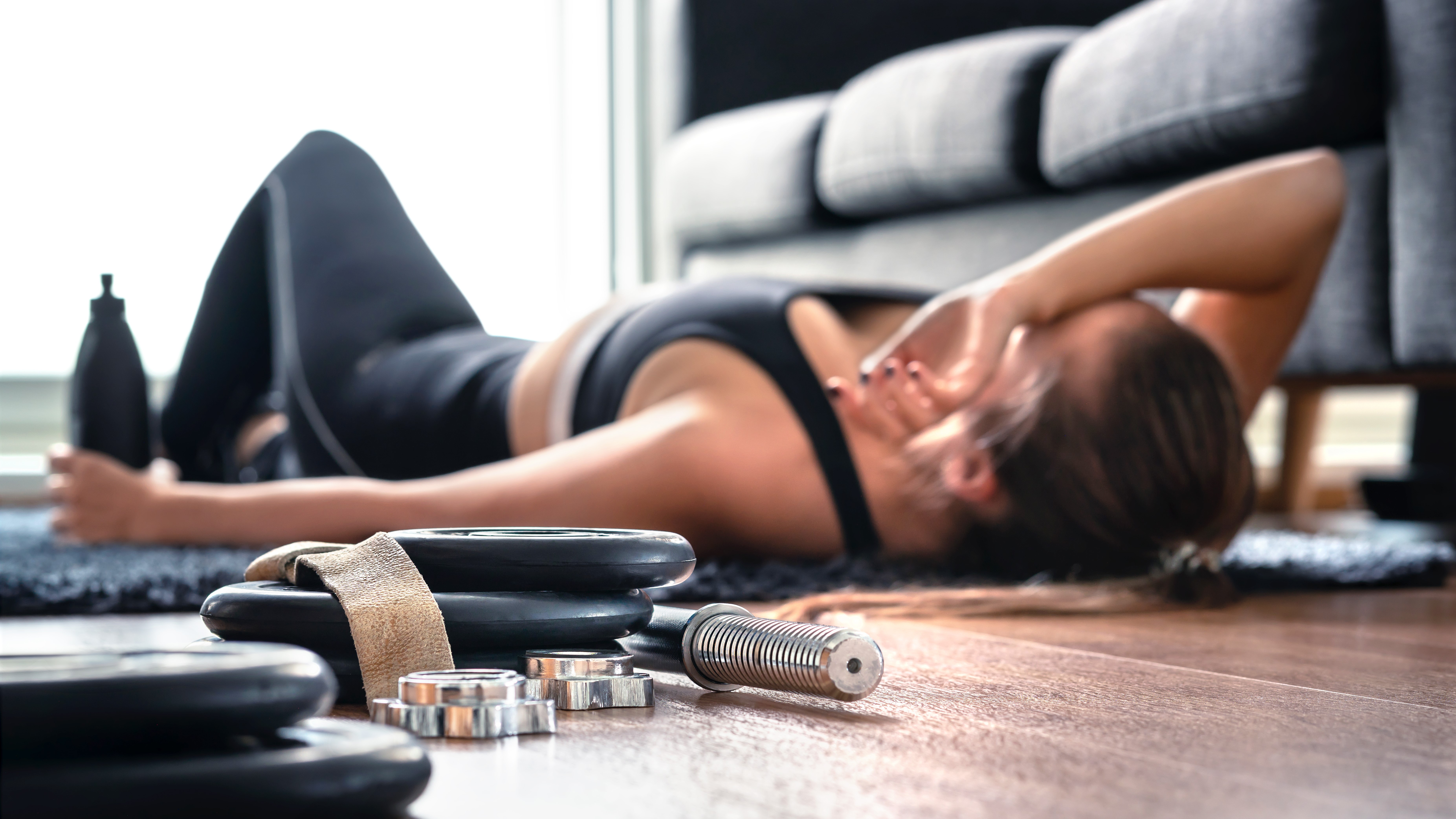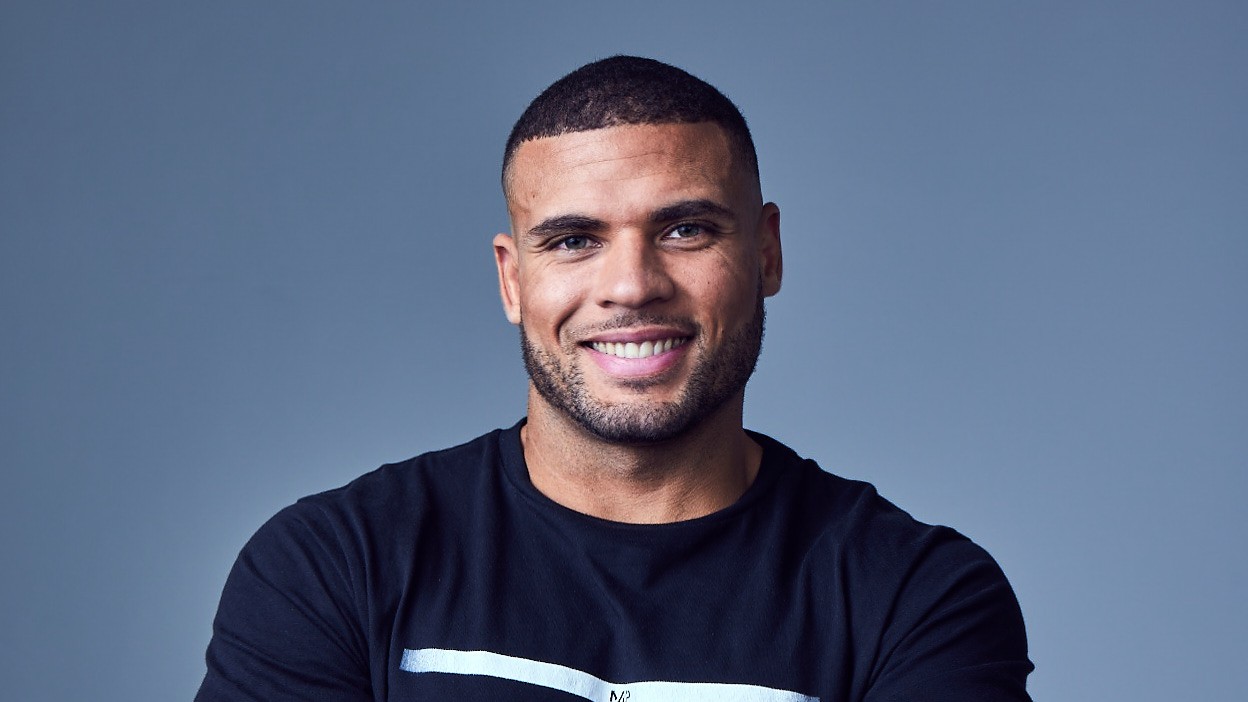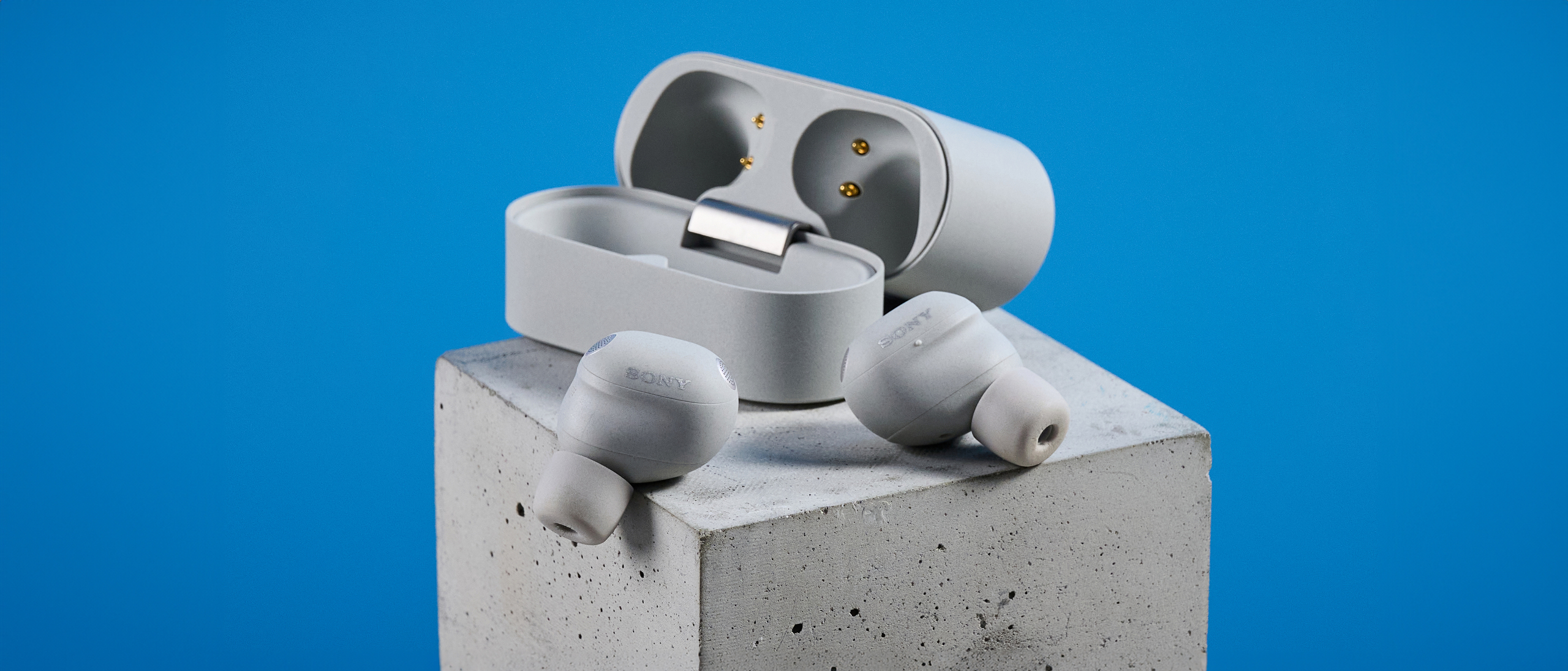
Here at Tom’s Guide our expert editors are committed to bringing you the best news, reviews and guides to help you stay informed and ahead of the curve!
You are now subscribed
Your newsletter sign-up was successful
Want to add more newsletters?

Daily (Mon-Sun)
Tom's Guide Daily
Sign up to get the latest updates on all of your favorite content! From cutting-edge tech news and the hottest streaming buzz to unbeatable deals on the best products and in-depth reviews, we’ve got you covered.

Weekly on Thursday
Tom's AI Guide
Be AI savvy with your weekly newsletter summing up all the biggest AI news you need to know. Plus, analysis from our AI editor and tips on how to use the latest AI tools!

Weekly on Friday
Tom's iGuide
Unlock the vast world of Apple news straight to your inbox. With coverage on everything from exciting product launches to essential software updates, this is your go-to source for the latest updates on all the best Apple content.

Weekly on Monday
Tom's Streaming Guide
Our weekly newsletter is expertly crafted to immerse you in the world of streaming. Stay updated on the latest releases and our top recommendations across your favorite streaming platforms.
Join the club
Get full access to premium articles, exclusive features and a growing list of member rewards.
Exercising hungover? We get it, that well-intentioned ‘one beer’ after work wasn’t just one beer. But as you wobble unsteadily towards your gym class to ‘sweat it out,’ we’re here to say — don’t.
According to a study republished in Science Daily, we tend to exercise and drink on the same days, which means the two are more likely to coincide. But if you think you’ve nailed hungover workouts, more could be happening under the surface.
If you’ve typed ‘is working out hungover safe?’ into Google, the results speak for themselves, but the science can be trickier to navigate. We spoke with experts to discuss why it’s probably best to back away from the weights and find kinder ways to soothe your sore head instead.
Find out whether it is possible to sweat out the booze, when you should avoid exercising on a hangover, and if there’s any benefit to dragging yourself up for exercise.
Why you shouldn’t try and exercise with a hangover
UK’s Fittest Man 2020 and CrossFit athlete Zack George and Head of Balance Nutrition Jamie Wright debunk some popular myths on the science behind the hangover. They cite a few reasons why you should give yourself a rest day or opt for gentler forms of exercise.
“Alcohol and exercise simply don’t go hand in hand,” says Wright. “If you’re planning on working out or have a competition obligation the next day, you may want to reconsider having that drink.”
Wright explains that while abstinence is the preferred approach, you can also change your exercise schedule or engage in some gentler forms of exercise (walking or yoga, for example). If you do choose to work out after a night out, then you’ll need to be conscious of the following effects of alcohol:
Get instant access to breaking news, the hottest reviews, great deals and helpful tips.

Jamie Wright is an accredited nutritionist, with a BSc in Sports and Exercise Science and an MSc in Human Nutrition. He's currently the head nutritionist at Balance; a team of fully qualified nutritionists and dieticians working with everyone from office workers to Olympic athletes.
You’re dehydrated: you can’t sweat out a hangover
It’s a bitter pill to swallow, but the ‘I’ll sweat it out' approach won’t cut it.
“Alcohol is a potent diuretic (a substance or compound that increases the rate your body loses water via urination and perspiration). In some instances, diuretics may lead to a greater loss of water than the body is taking in,” Wright explains.
Dehydration is the culprit behind many hangover symptoms — headaches, nausea, changes in mood, and fatigue. When you sweat during exercise, you lose body water, and this can dehydrate you even further. So, the adage 'you can sweat out a hangover' is counterintuitive and potentially harmful.
George agrees, adding that hydration is essential for muscle contraction, meaning your muscles aren’t working at full capacity when you’re sporting a hungover, and you could cramp up. He adds that hydration is crucial for regulating your body temperature, so you’re more likely to overheat when working out and ultimately feel worse.
“The main reason people think you can sweat it out is because of post-workout endorphins that boost your mood,” says George. “This counteracts the fact that alcohol is a depressant that can make you feel worse, slowing down your neurological function, affecting your emotions, and possibly making you anxious.”
Wright advises rehydrating with electrolytes and ensuring your urine appears straw yellow to clear; if you can achieve this, you should feel more fit to train. Drinking water between alcoholic drinks can also lower the chances of dehydration. Not great with your water intake? We’ve rounded up the best water bottles to carry.

Zack George is one of the world’s top CrossFit athletes, a fitness influencer, and officially the UK’s Fittest Man 2020. Zack qualified for the European CrossFit Regionals in 2018 and achieved first place in the UK CrossFit Open 2020. He released his first book 'Start Where Other Stop' in May 2021 and documented his recovery from injury and work with other inspiring individuals on his YouTube channel.
Your cognitive abilities are impaired
Concentration, decision making and awareness are all likely to be impaired when hungover, and Wright warns we take for granted just how easily things can turn sour.
“Don’t forget, you’re often lifting heavy weights — sometimes above your head or in front of your face — or using machinery in a gym. Loss in concentration or improper movement can lead to a nasty injury,” he warns.
“If you’re training outside, likely, you may not be paying attention to the same hazards you’re normally wary of, so you must be even more cautious. Gentle exercise may be beneficial because you’re at a lower risk of injury when practicing yoga in your bedroom or going out for a walk.”
George adds that a lack of coordination and some dizziness can occur and recommends opting out of heavy lifting, Olympic lifts, and high-skill exercises like gymnastics or running.
“If you forget to set up properly for a heavy squat or deadlift and you lack solid core control, this could potentially lead to injury,” he says.
We repeat, put the dumbbells down.
Your heart rate and blood pressure might be elevated
Other symptoms of alcohol intake are elevated heart rate and blood pressure.
Wright tells us this is partly due to the alcohol itself, but alcohol is also known as a sleep disruptor. “Be mindful of these two symptoms as they can lead to more rapid fatigue, as well as lightheadedness or dizziness,” he advises. “Adapt your training to your present state but be wary as training hungover may lead to feeling faint if you over-exert yourself.”
Your body can’t recover as quickly
Alcohol inhibits your body’s ability to recover from exercise as alcohol metabolism takes priority.
“Your body can’t store alcohol like it does carbs, so prioritizes it for metabolism which causes other nutrients to take a back seat or impairs their use in regular processes,” nutritionist Wright explains. “Alcohol also increases protein breakdown and impairs muscle protein synthesis — the creation of new muscle protein — which is required after hard training to repair damaged muscle.”
The result? A more sluggish digestive system, delayed muscular repair, greater post-workout soreness and even hampered adaptation.
While some of us immediately reach for the fridge after a heavy drinking session (or a trusty delivery app), others might be too nauseous to eat. Athlete George warns that insufficient fuel for high-intensity exercise means your muscles won’t get the glucose they need from carbs for energy, hampering your overall performance.
A good night’s sleep is key for recovery, and George warns that your sleep quality is at risk after a boozy session — even if you hit the hay easier than usual. “Alcohol prevents the body from going into a deep restorative sleep which helps the body recover, meaning you won’t feel well rested. Decent sleep and recovery are essential for performance, making a hungover workout less than ideal as you’re less likely to put in the effort required for a productive session,” he says.
According to the Sleep Foundation, alcohol can also increase the likelihood of sleep apnea (abnormal breathing) and decrease REM sleep (crucial for memory consolidation).
What should you do instead?
Instead of hitting a hard session at the gym, you are better off resting, hydrating, catching up on sleep, and postponing your training until the next day. That said, light exercise such as walking to get some fresh air or stretching may make you feel a bit better. And perhaps avoid the hair of the dog.
Looking for workout inspiration once you've recovered? Here's what happened when our fitness writer tried this 15-minute dumbbell ab workout, plus this 7-minute resistance band workout that targets your glutes.

Sam Hopes is a level 3 qualified trainer, a level 2 Reiki practitioner and fitness editor at Tom's Guide. She is also currently undertaking her Yoga For Athletes training course.
Sam has written for various fitness brands and websites over the years and has experience across brands at Future, such as Live Science, Fit&Well, Coach, and T3.
Having coached at fitness studios like F45 and Virgin Active and personal trained, Sam now primarily teaches outdoor bootcamps, bodyweight, calisthenics and kettlebells.
She also coaches mobility and flexibility classes several times a week and believes that true strength comes from a holistic approach to training your body.
Sam has completed two mixed doubles Hyrox competitions in London and the Netherlands and finished her first doubles attempt in 1:11.
 Club Benefits
Club Benefits










